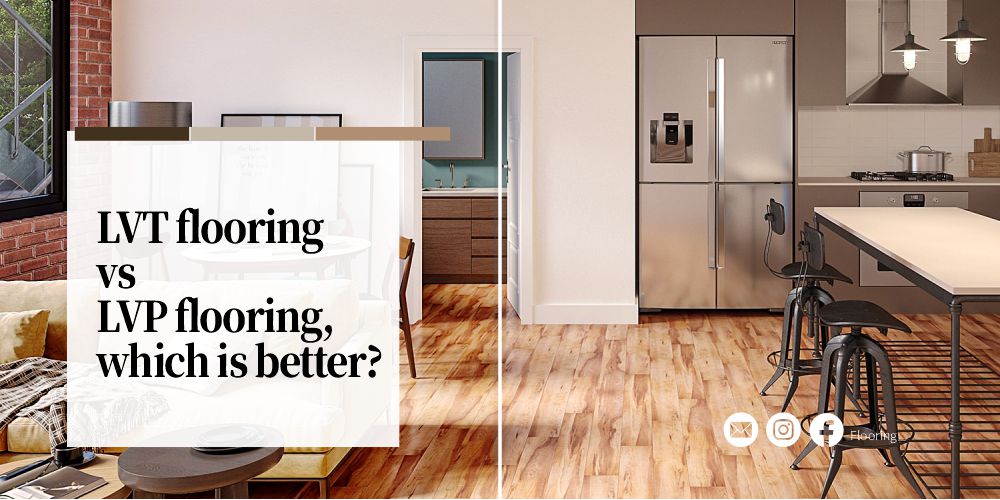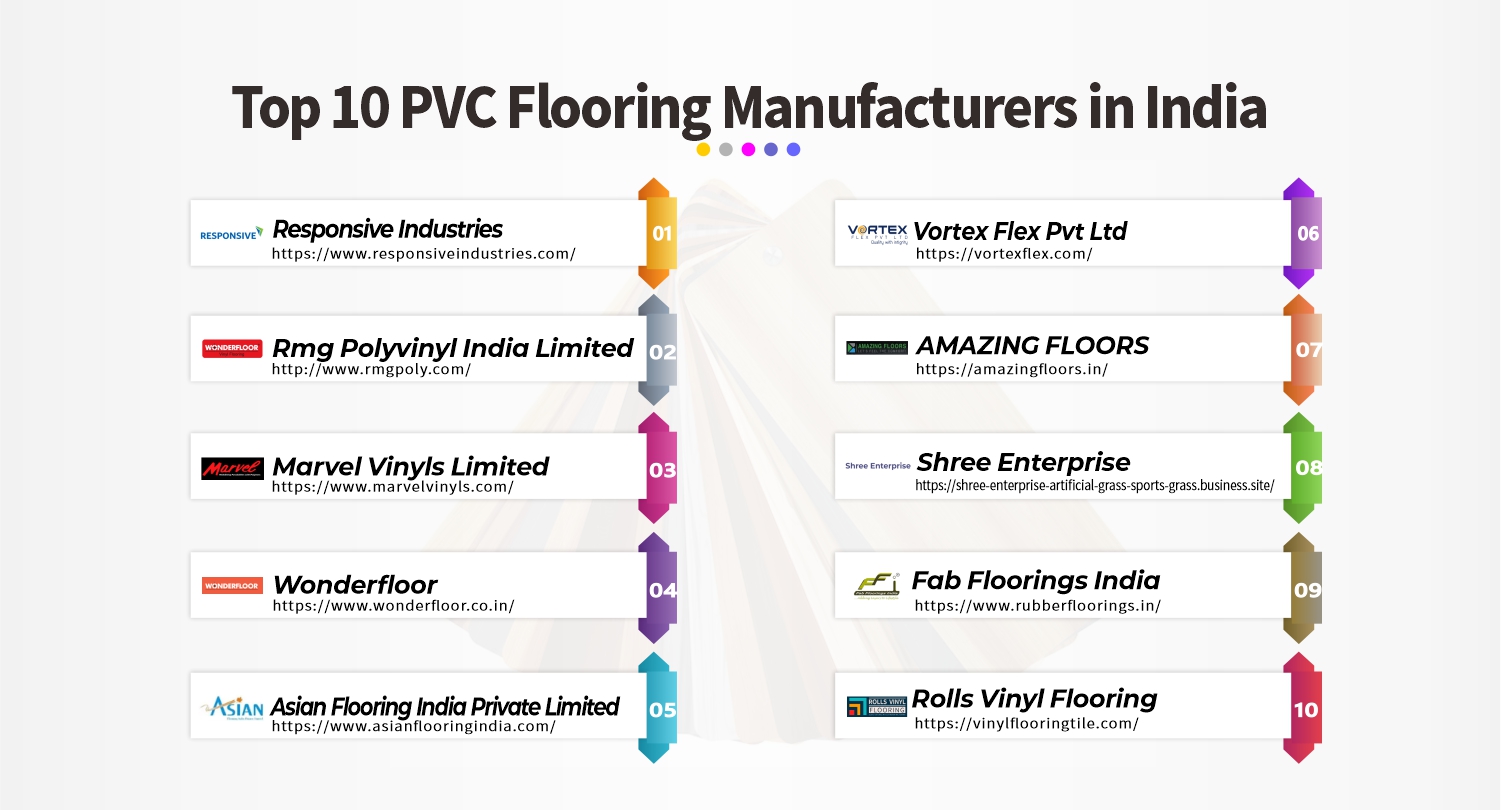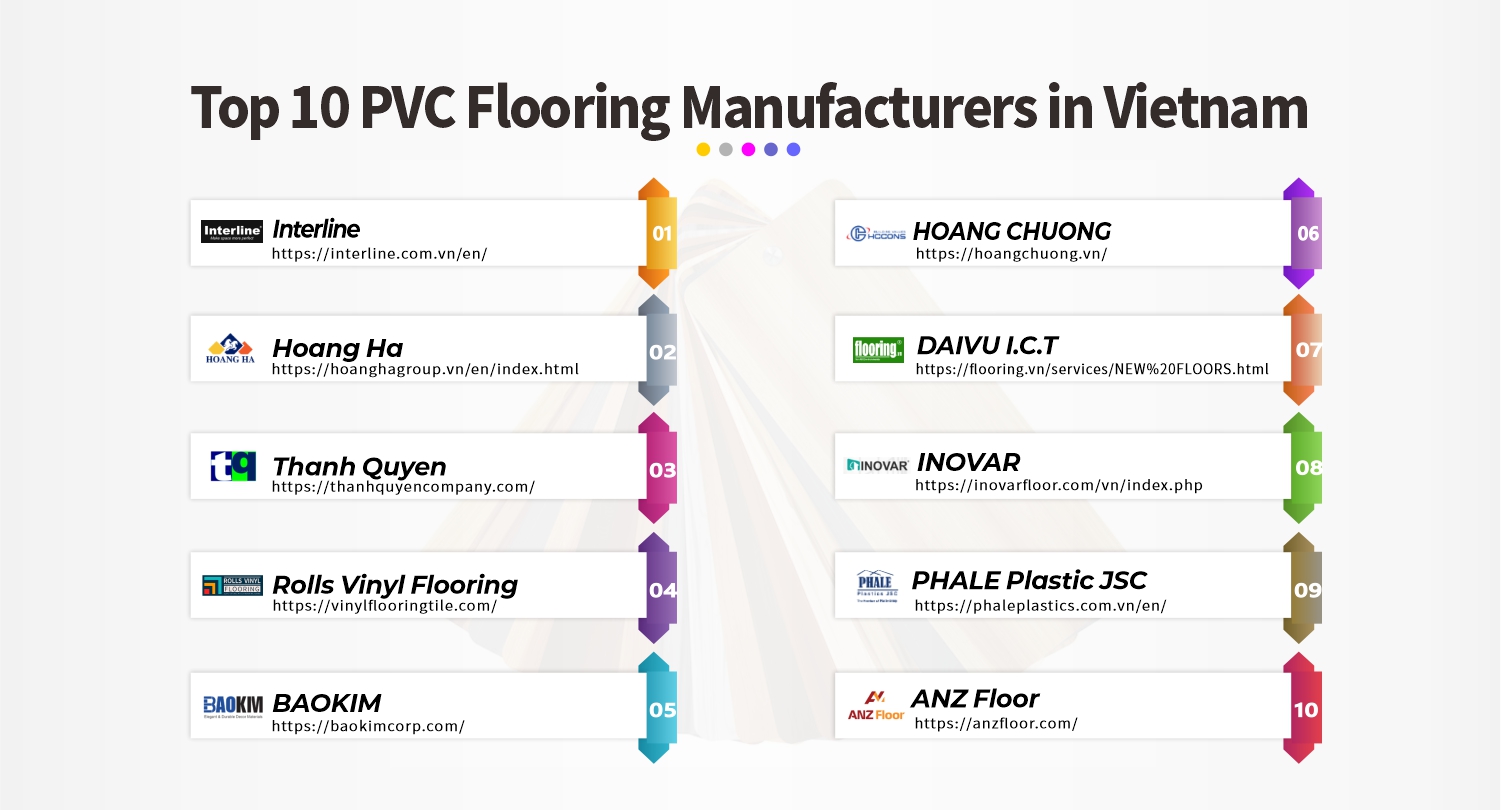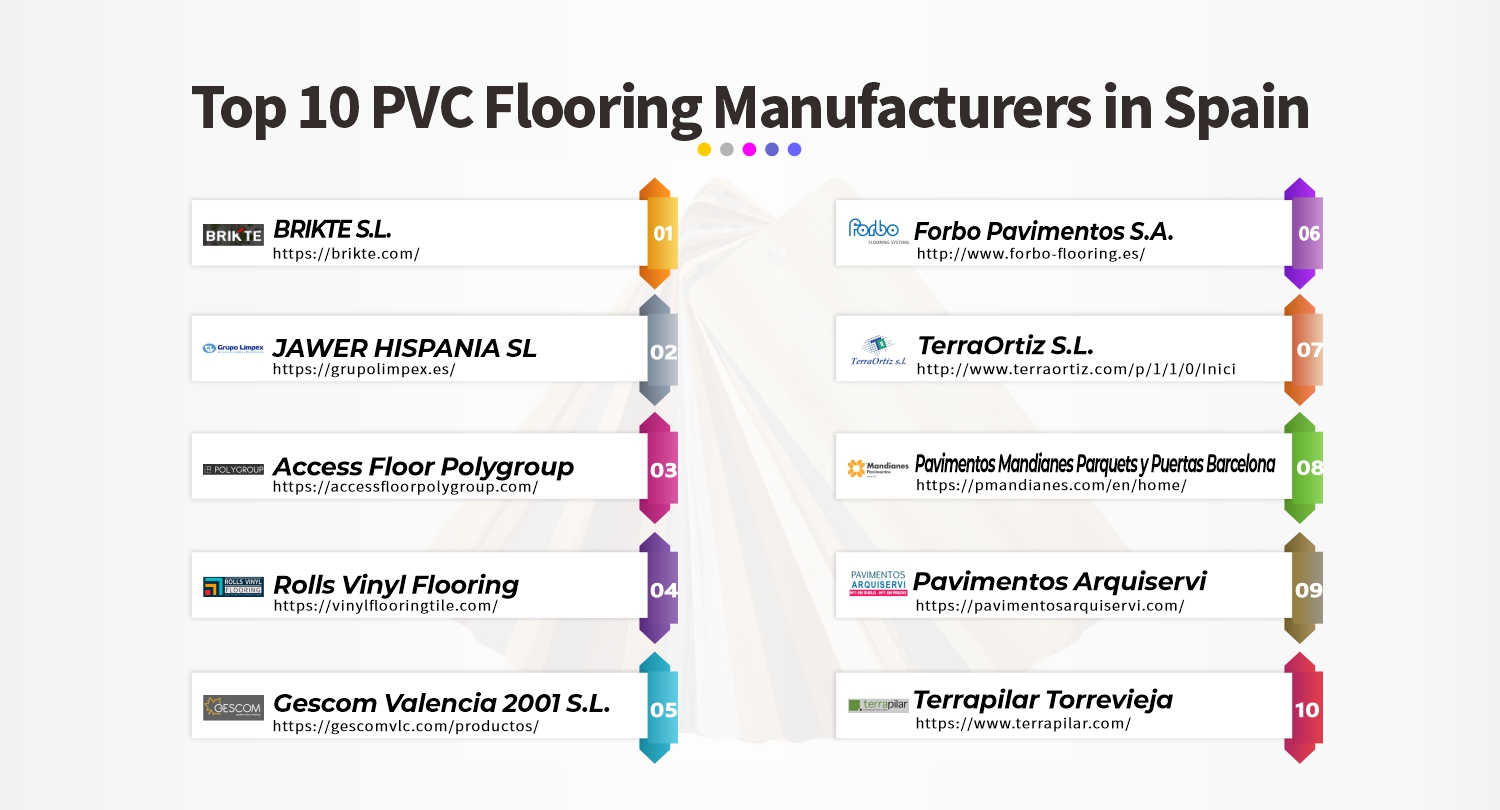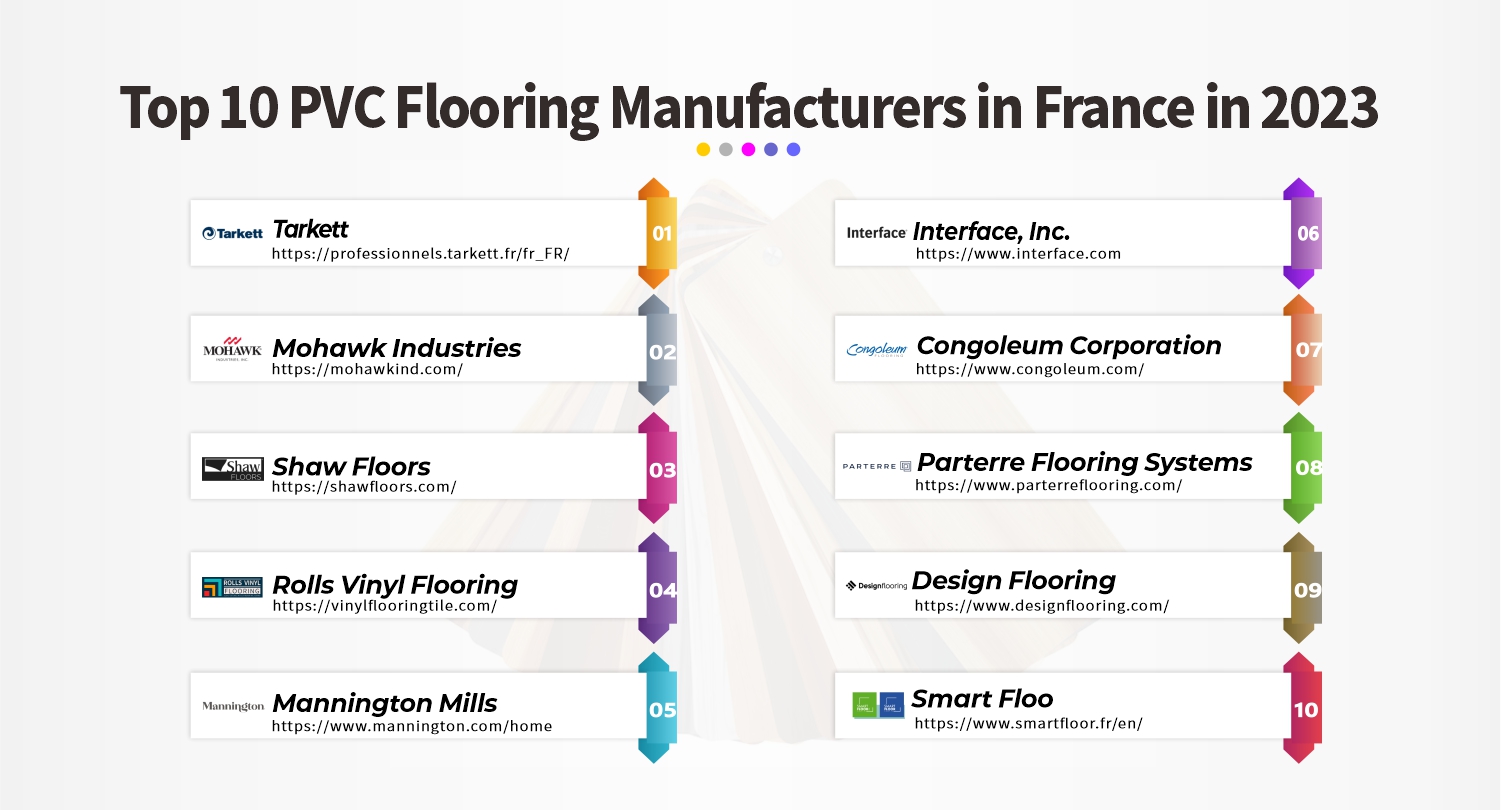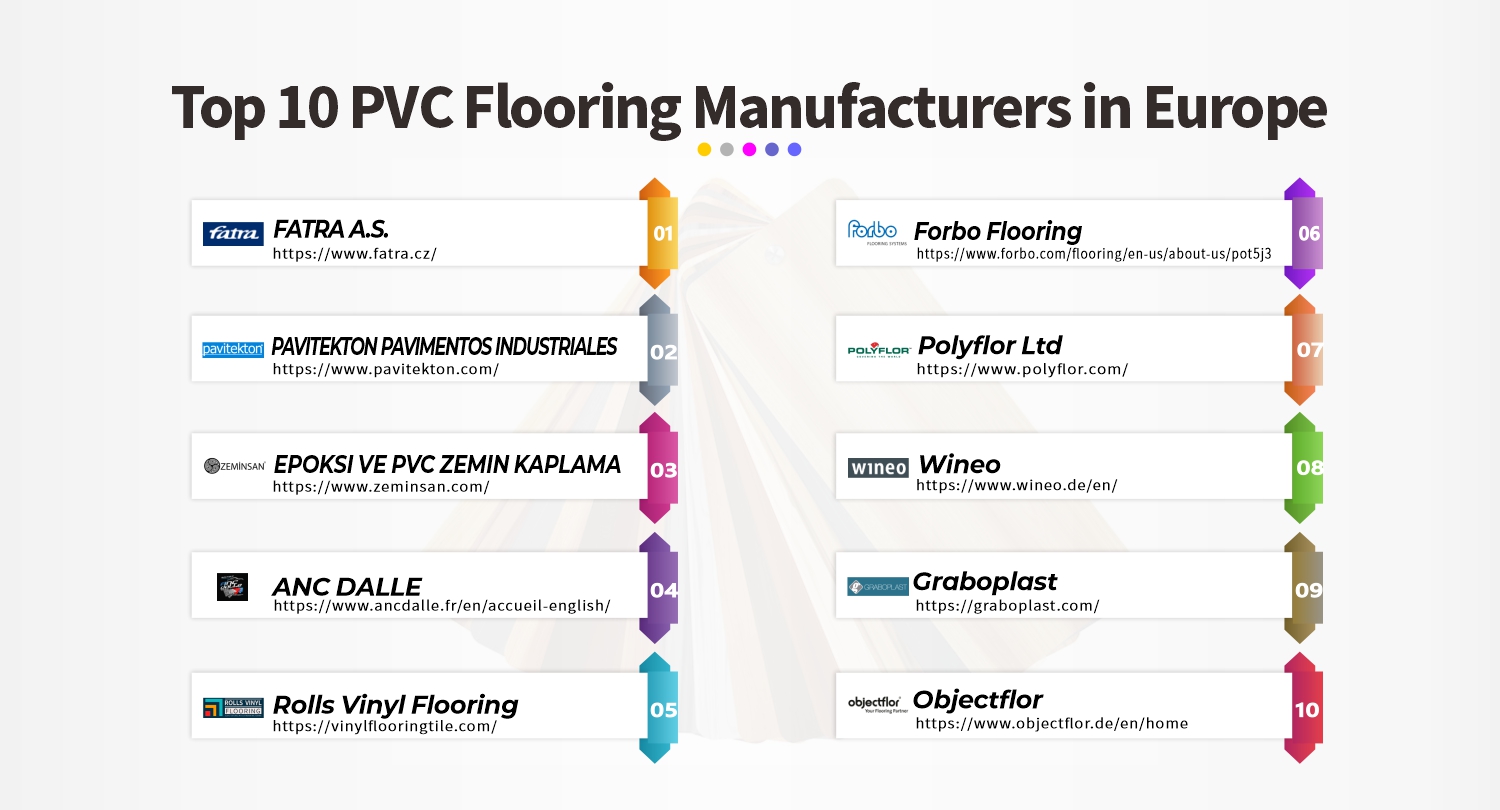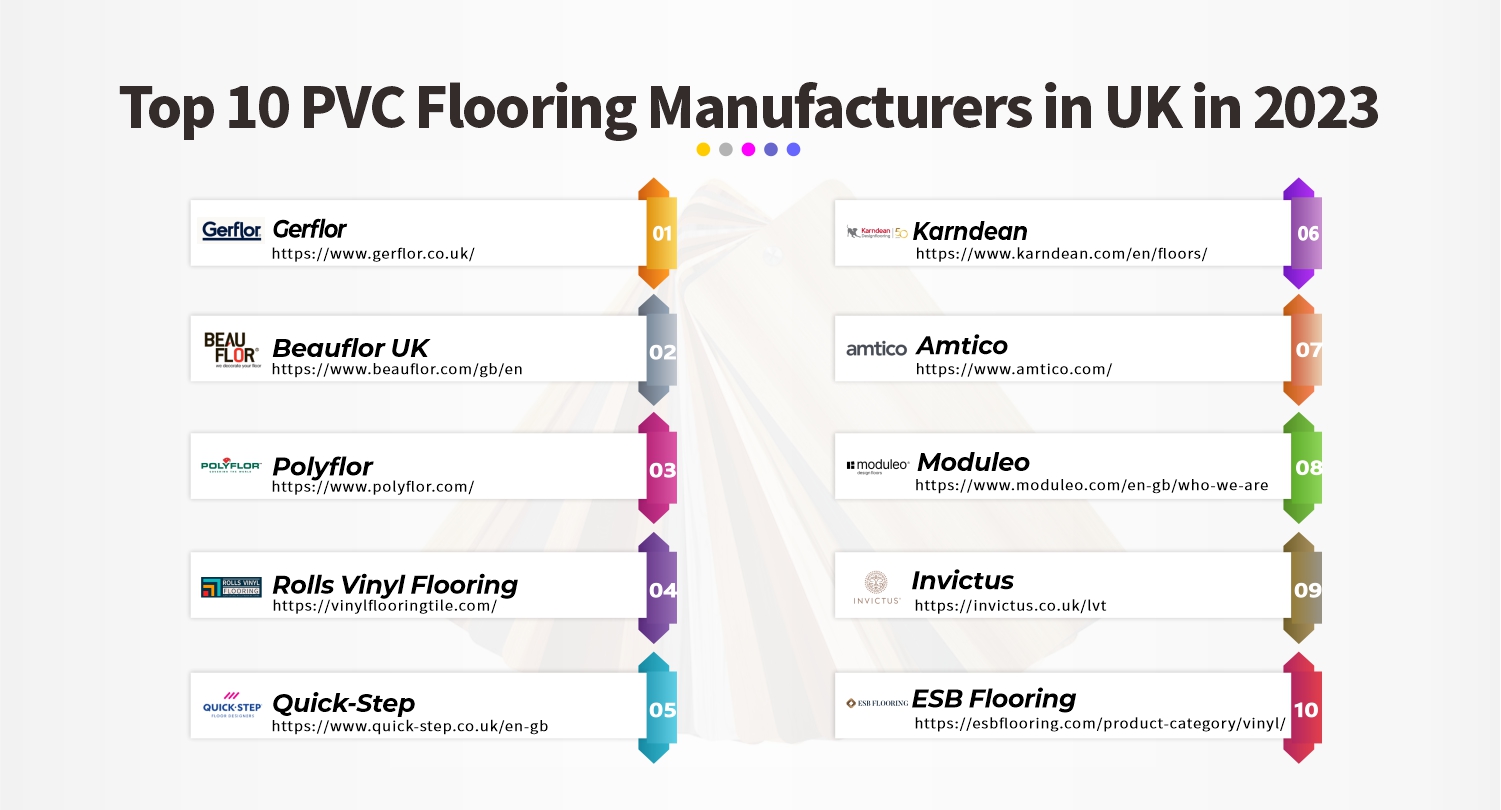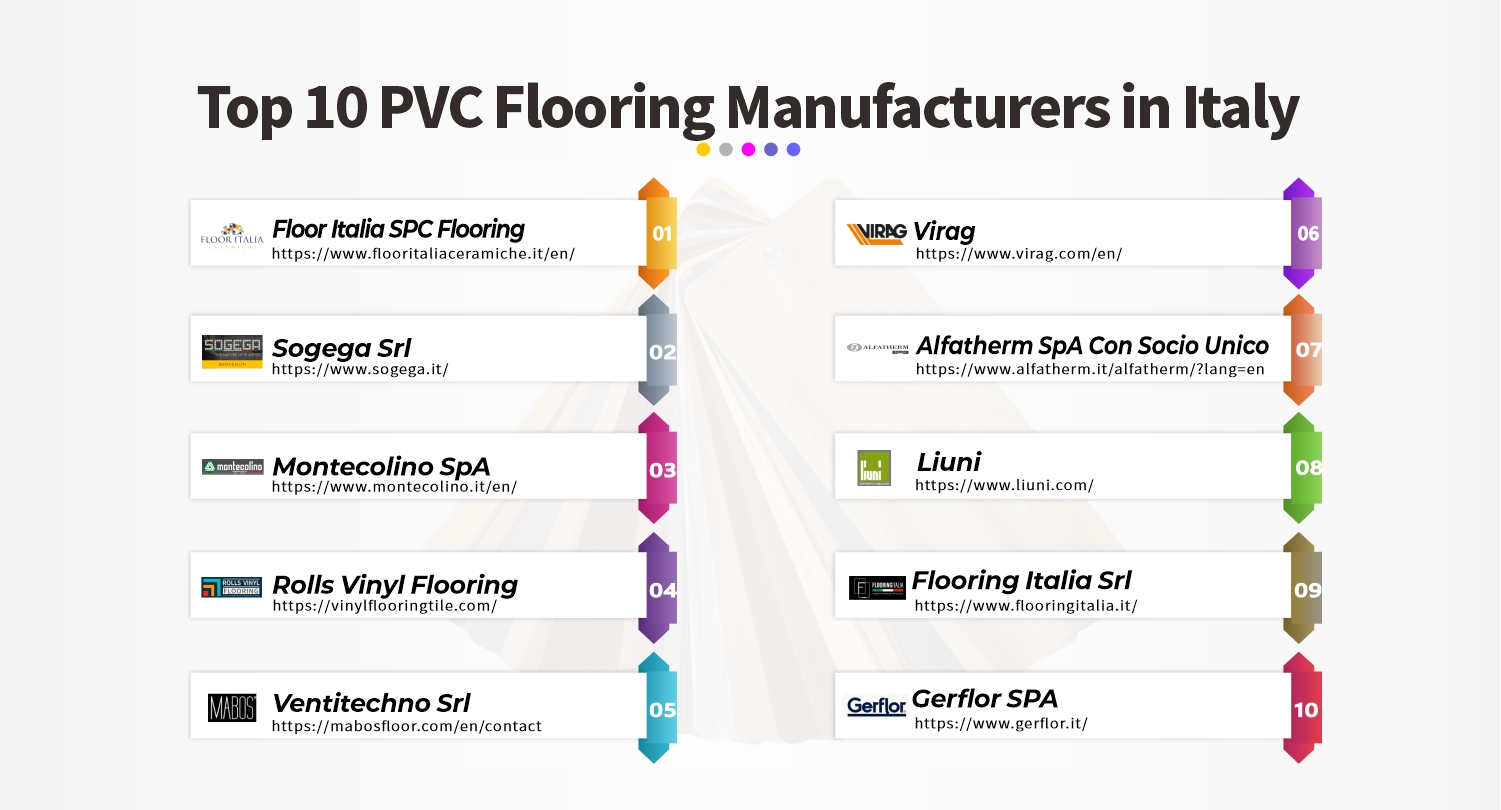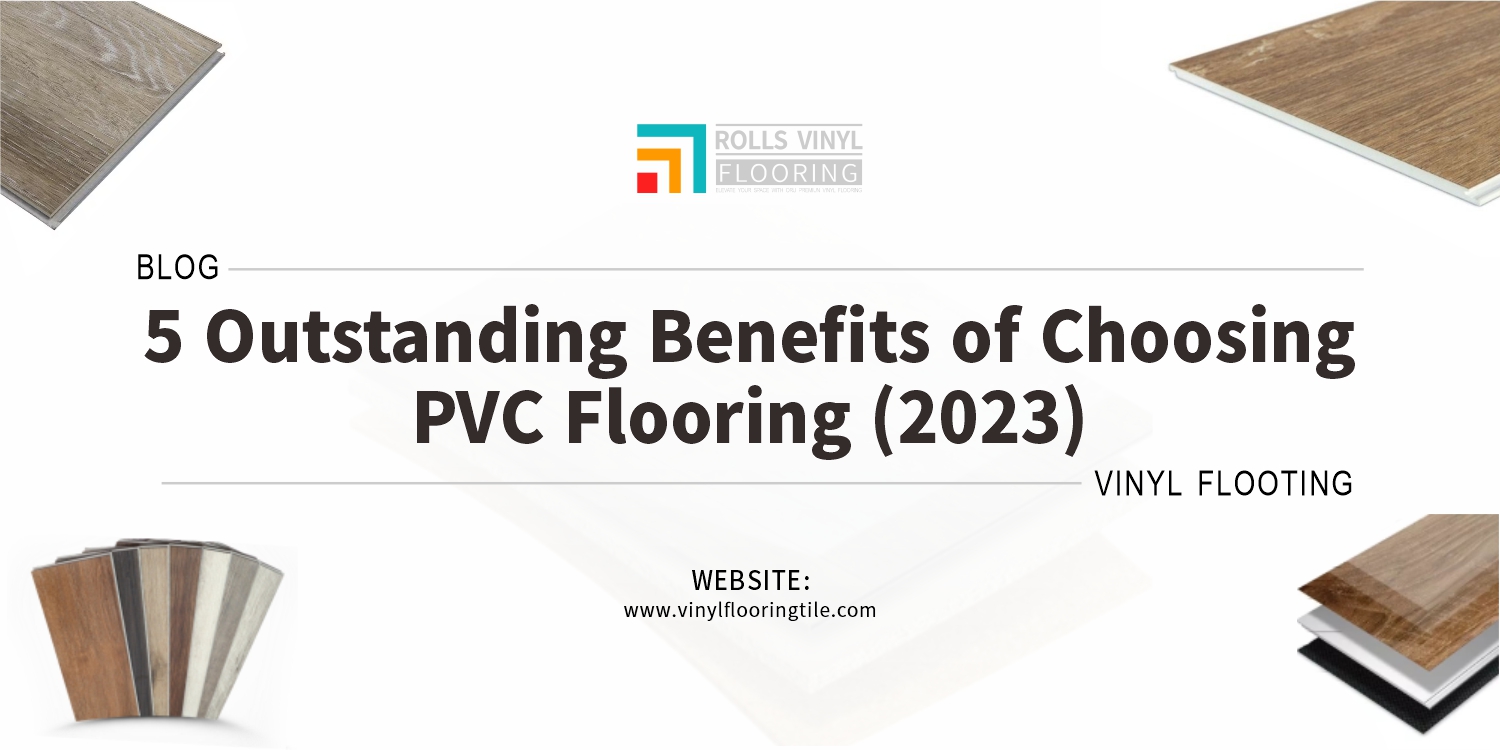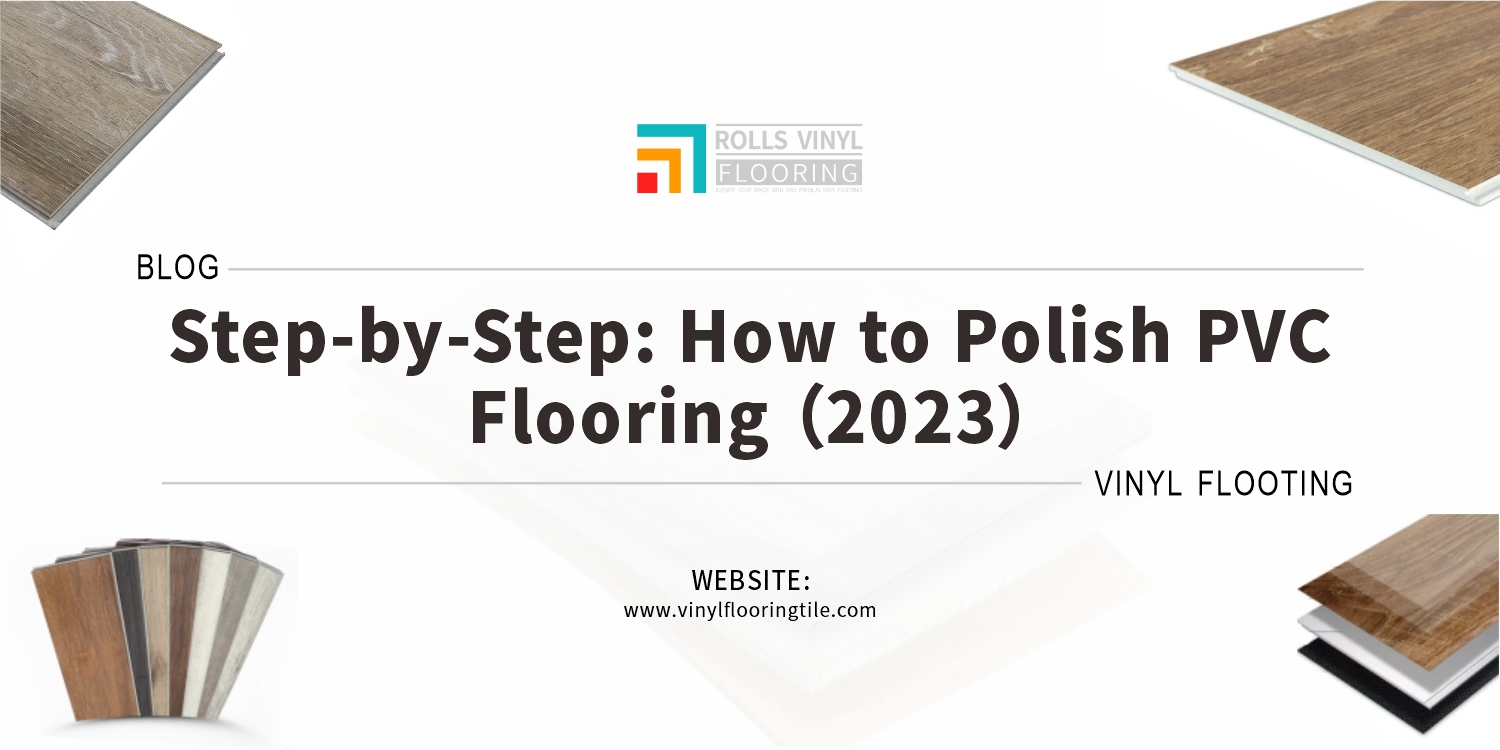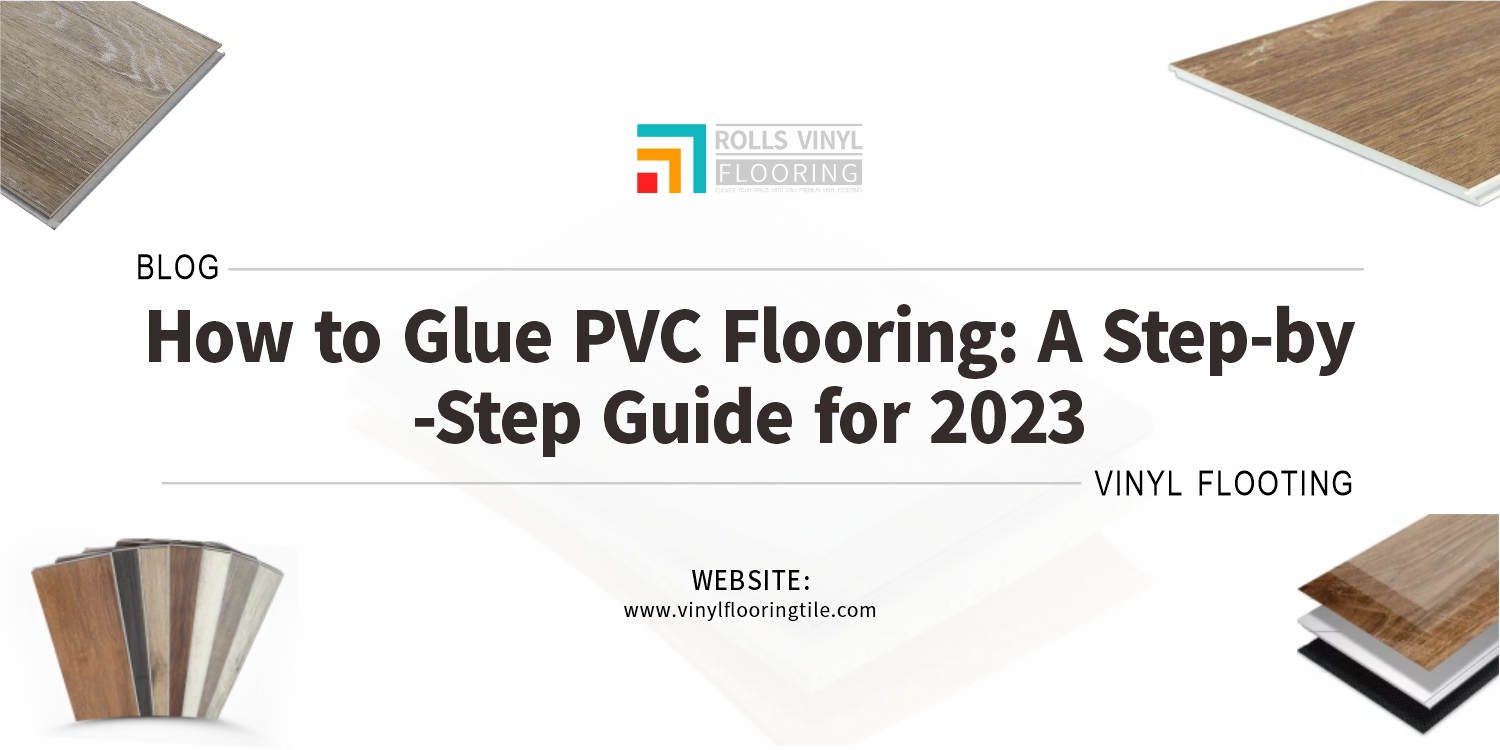When it comes to choosing the right flooring for your home, you may be wondering which is better – luxury vinyl tile (LVT) or luxury vinyl plank (LVP). Both offer a variety of advantages, so the decision can be difficult. In this article, we’ll compare LVT and LVP flooring to help you decide which is better for your home.
LVP is typically thicker and more rigid than LVT. LVT is thinner and more flexible than LVP, and it can be designed to look like a variety of flooring materials. LVT is a good choice if you want a flooring option that is more affordable than LVP and is versatile in terms of design options.
Know the similarities and differences between LVT flooring vs LVP flooring. Learn more about their benefits and determine which one is the right fit for your home.
What is LVT flooring and what is LVP flooring
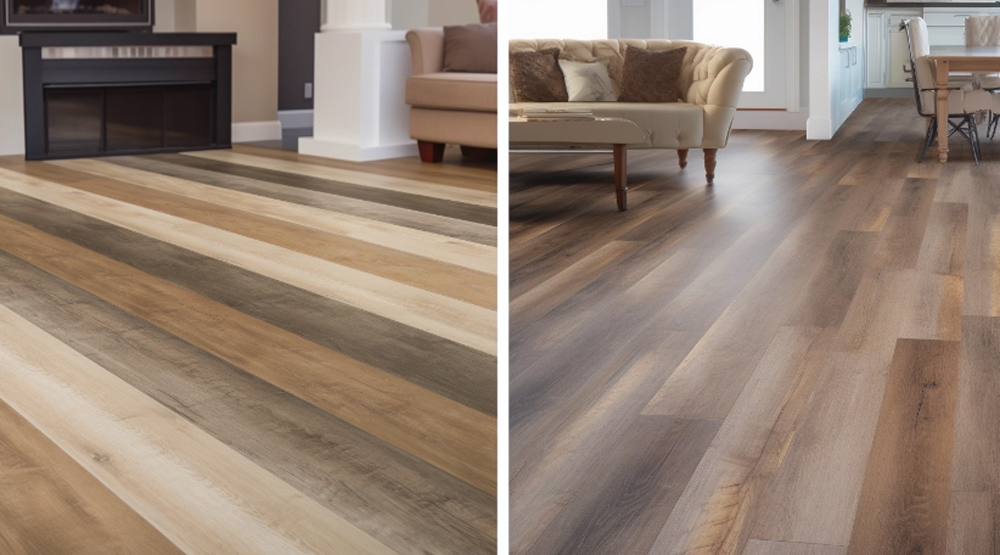
LVT (Luxury Vinyl Tile) flooring is a type of vinyl flooring that is designed to mimic the look of natural materials such as in laminate flooring, wood, stone, or ceramic. LVT is made of multiple layers of PVC (polyvinyl chloride) that are fused to create a durable, water-resistant flooring material.
LVP (Luxury Vinyl Plank) flooring is a type of vinyl flooring that is designed to mimic the look of solid hardwood flooring. Luxury vinyl planks is made of multiple layers of PVC (polyvinyl chloride) that are fused to create a durable, water-resistant flooring material.
Comparison of LVT vs LVP Flooring
A. Durability and lifespan
LVT is typically thinner and more flexible than LVP, which can make it more susceptible to the indentation or tearing under heavy foot traffic or furniture. However, luxury vinyl tiles is still a durable flooring option that can withstand wear and tear over time. With proper maintenance, LVT can last for up to 20 years or more.
LVP, on the other hand, is thicker and more rigid than LVT, which makes it more resistant to indentation and tearing. Luxury vinyl planks is a particularly durable flooring option that can withstand heavy foot traffic, spills, and pet claws without showing signs of wear. With proper maintenance, vinyl plank flooring can last for up to 25 years or more.
B. Cost and maintenance requirements
In terms of cost of luxury vinyl flooring , LVT (Luxury Vinyl Tile) flooring is generally more affordable than LVP (Luxury Vinyl Plank) flooring. This is because LVT is typically thinner and requires fewer materials to manufacture. However, the cost of both luxury vinyl flooring can vary depending on the quality, brand, and style of the flooring.
When it comes to maintenance requirements, both LVT and LVP are relatively low-maintenance flooring options. Both types of vinyl flooring are water-resistant and easy to clean, making them a good choice for households with pets or young children. Routine maintenance for both LVT and LVP includes sweeping or vacuuming the floor to remove dirt and debris and cleaning the floor with a mild cleaning solution as needed.
One difference in maintenance requirements between LVT and LVP is that LVT may require more frequent buffing or recoating to maintain its shine, especially in high-traffic areas. Vinyl plank flooring, on the other hand, typically does not require buffing or recoating and can maintain its appearance with routine cleaning just like in laminate flooring.
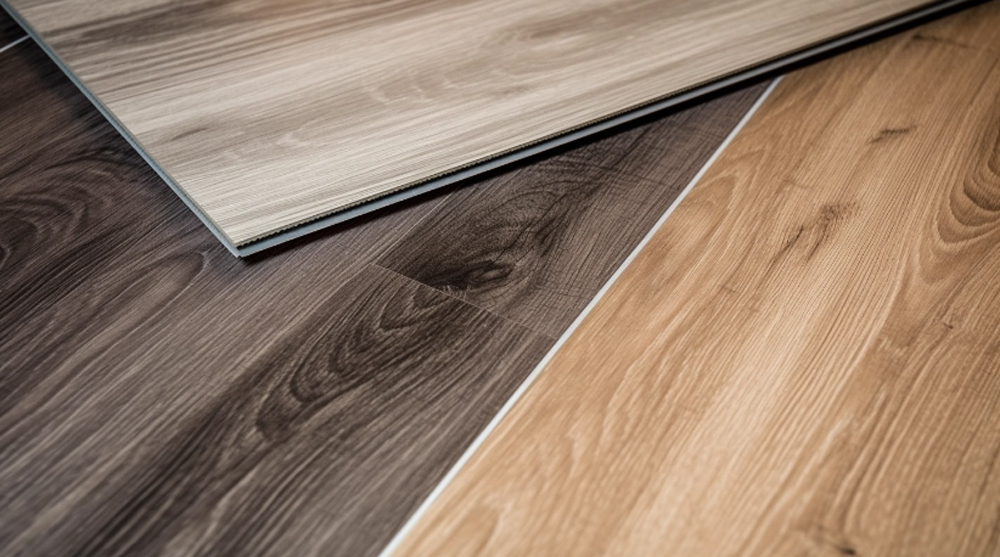
C. Appearance and design options
LVT can be designed to look like a variety of flooring materials, including wood, stone, ceramic, and even metal. The design options for luxury vinyl tiles are nearly endless, with a wide range of colors, sizes in square foot, patterns, and textures available. Additionally, LVT can be cut into a variety of shapes and sizes to create unique patterns and designs on the vinyl floors.
LVP is specifically designed to mimic the look of natural wood flooring, with a range of wood grain patterns, colors, and plank widths available. The design options for LVP are more limited compared to LVT, but vinyl plank flooring is still a versatile option that can add warmth and character to a space
D. Comfort and sound absorption
LVT is typically thinner and more flexible than LVP, which can make it more comfortable to walk on and provide more cushioning underfoot. However, LVT may not provide as much sound absorption as LVP, especially if it is installed without an underlayment. In general, LVT is a good choice for areas where comfort and cushioning are a priority, such as bedrooms or living areas.
LVP, on the other hand, is thicker and more rigid than LVT, which can make it less comfortable to walk on but provide more sound absorption. Luxury plank flooring is particularly effective at reducing sound transmission between floors, making it a good choice for multi-story buildings or rooms with high foot traffic. Vinyl plank flooring can also be installed with an underlayment for added cushioning and sound absorption just like in sheet vinyl and laminate flooring.
E. Environmental impact
Both LVT and LVP are made from PVC (polyvinyl chloride), which is a synthetic material that can have negative environmental impacts during manufacturing and disposal. PVC is known to release harmful chemicals during production, and it is not biodegradable, meaning it can persist in the environment for a long time after it is discarded.
LVP and LVT can be manufactured with recycled content and are generally more environmentally friendly than traditional materials such as in sheet vinyl and laminate flooring. LVP and LVT also require less energy and resources to manufacture compared to traditional flooring materials, and they can be recycled at the end of their lifespan.
When considering the environmental impact of LVP and LVT, it is important to look for products that are certified by third-party organizations such as the FloorScore or GreenGuard programs. These certifications indicate that the flooring meets specific environmental and health standards, including low emissions of volatile organic compounds (VOCs).
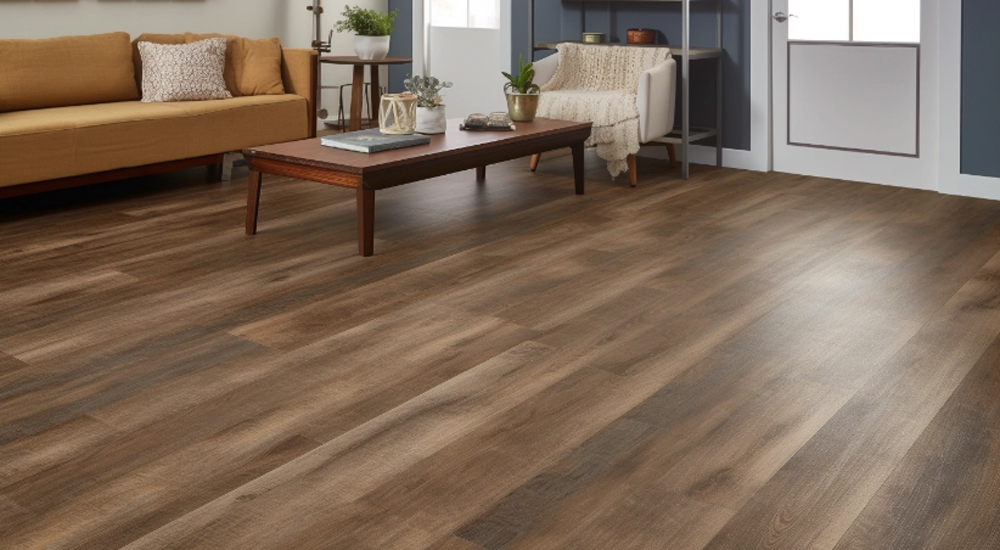
What are the benefits of lvt flooring and lvp
Benefits of LVT Flooring
A. Durability
The durability of LVT flooring can vary depending on factors such as the thickness of the wear layer, the quality to install luxury vinyl, and the specific product and brand. However, in general, LVT is a highly durable flooring option that can withstand heavy foot traffic and the rigors of everyday use.
B. Water resistant
LVT is constructed with a wear layer on top which acts as a barrier against moisture, spills, and stains, helping to prevent water from seeping into the core of the flooring and causing damage. LVT can be installed with a waterproof adhesive or a click-lock system that creates a tight seal between the tiles or planks, further reducing the risk of moisture penetration.
C. Easy to maintain
LVT has a wear layer that provides a protective barrier against scratches, stains, and spills and makes it resistant to dirt, dust, and other debris, and it can be easily cleaned with a broom, vacuum, or damp mop.
LVT is also resistant to water and moisture, which means that spills and stains can be wiped up quickly and easily without worrying about damage to the flooring. LVT requires minimal effort and expense. It does not require waxing or polishing, and it can be cleaned with mild detergents and warm water.
D. Cost effective
LVT is less expensive to produce than many other types of flooring, such as in laminate flooring. It is relatively easy to install and requires minimal subfloor preparation, which can reduce installation costs. It can provide cost savings over time by reducing the need for frequent replacements or repairs.
E. Versatile design options
LVT (Luxury Vinyl Tile) flooring is known for its versatility in design options, which allows it to mimic the look of other flooring materials such as in laminate flooring, hardwood, ceramic tile, or natural stone, while also offering its unique design options.
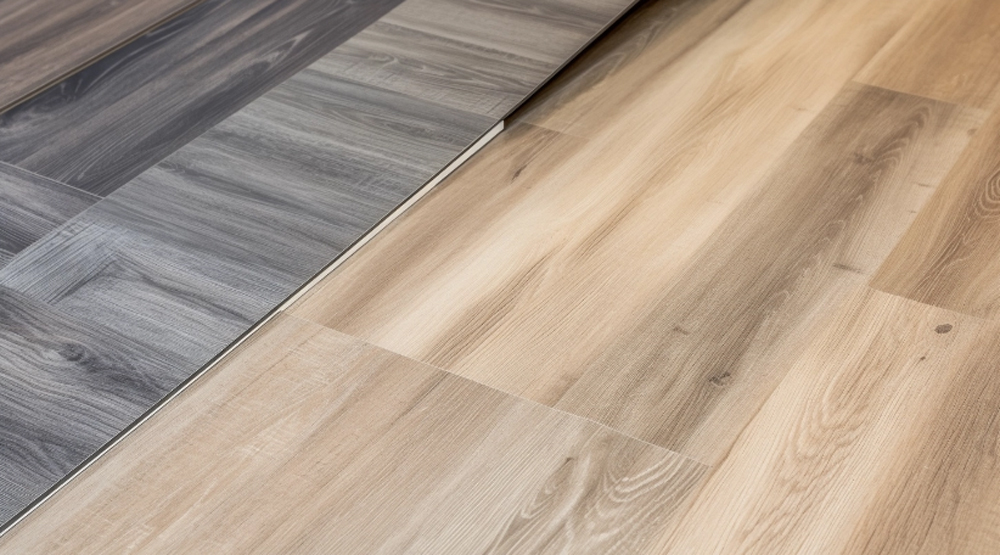
Benefits of LVP Flooring
A. Waterproof
LVP flooring is made with a waterproof core, which means that it can resist water and moisture better than other types of flooring. This makes this vinyl plank flooring an ideal choice for areas that are prone to spills or moisture, such as bathrooms, kitchens, or basements.
B. Scratch resistant
LVP flooring has a durable wear layer that makes this vinyl plank flooring resistant to scratches, dents, and other types of damage. This makes this vinyl plank flooring a good choice for high-traffic areas or households with pets or young children.
C. Easy to install
LVP flooring is designed to be easy to install, with a simple interlocking or click-lock mechanism that allows this vinyl plank flooring to be installed quickly and easily without the need for adhesives or special tools. This can save time and money on installation costs.
D. Low maintenance
LVP flooring requires minimal maintenance and upkeep, as this vinyl plank flooring is resistant to stains, spills, and moisture. It can be easily cleaned with a damp mop or cloth and does not require any special treatments or waxing.
E. Wide range of design options
LVP flooring is available in a wide range of design options, including realistic wood or stone looks, as well as a variety of colors, patterns, and textures. This allows for endless design possibilities and can help to create a unique and customized look for any space.
Choose the right flooring option for your home
Choosing the right flooring option for your home can depend on some factors, such as your budget, style preferences, lifestyle, and the specific needs of the space such as size in square foot. Some popular flooring options for homes include hardwood, laminate, tile, carpet, and luxury vinyl.
Each of these options has its benefits and drawbacks, so it is important to consider your specific needs and preferences when making a decision. Consulting with a flooring professional or interior designer can also help choose the right flooring option for your home.
Overall, it is difficult to definitively say which type of flooring is better, as it largely depends on personal preference. LVT has a more realistic look and feels, whereas LVP is more durable and easier to maintain. Ultimately, it is important to consider your specific needs and preferences when deciding which type of flooring is best for you.

